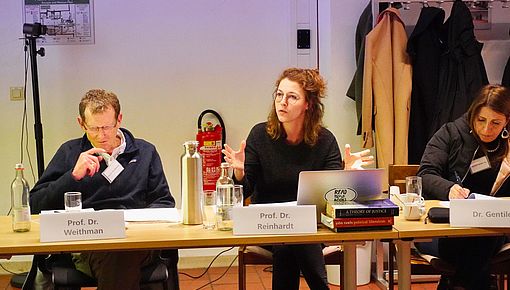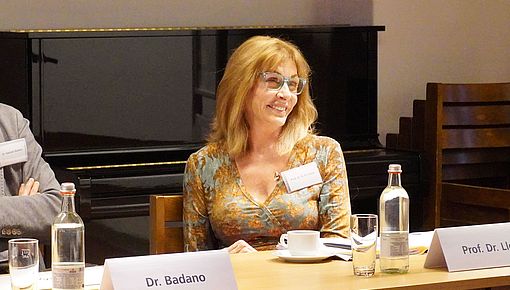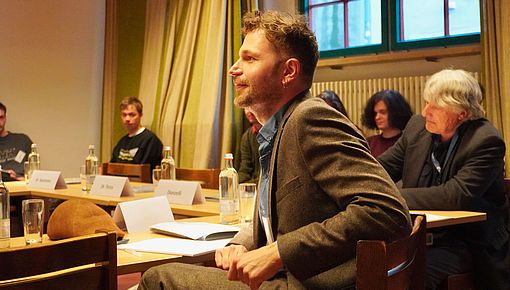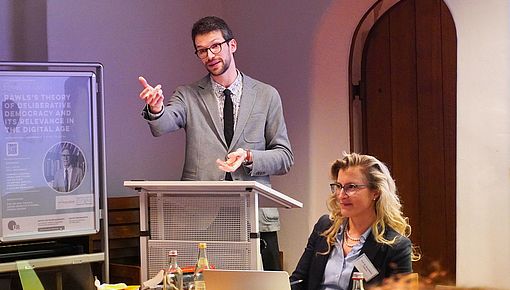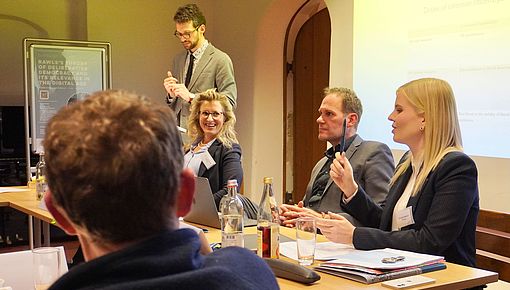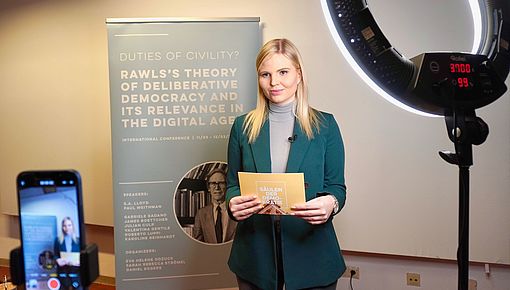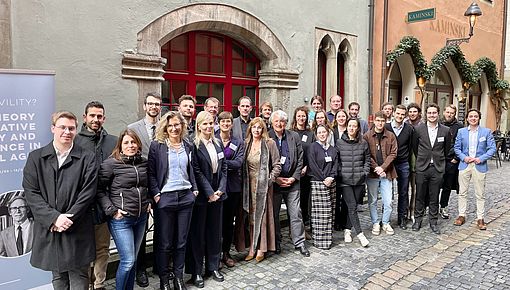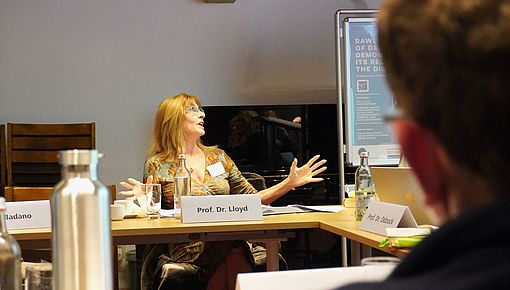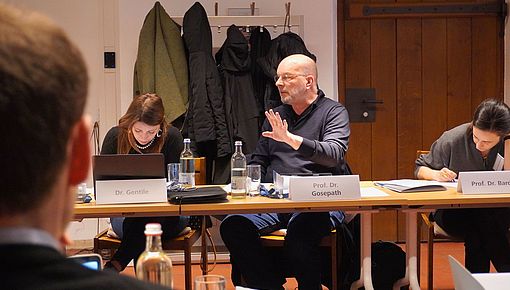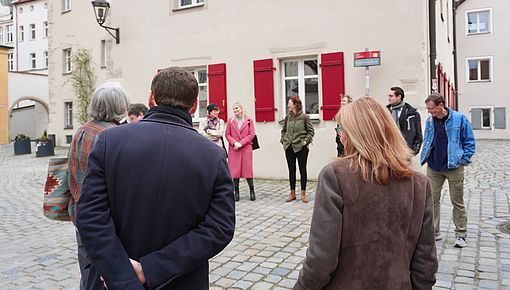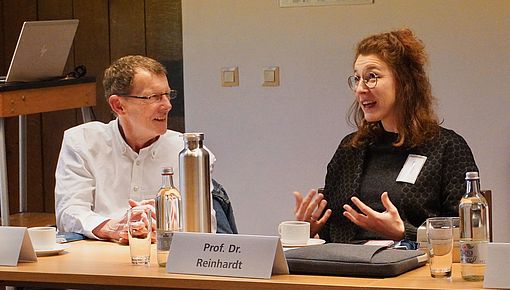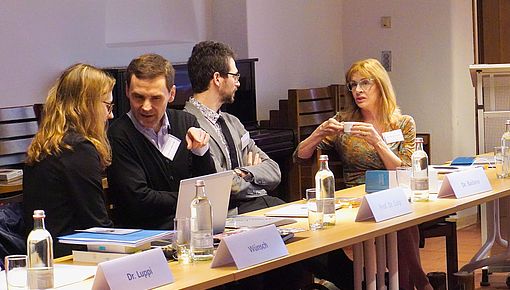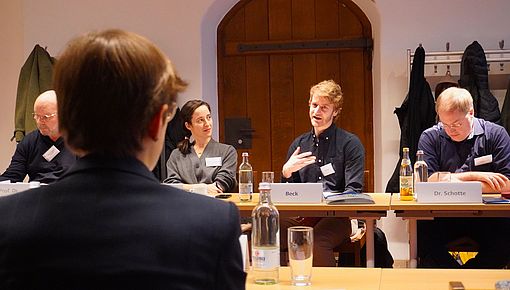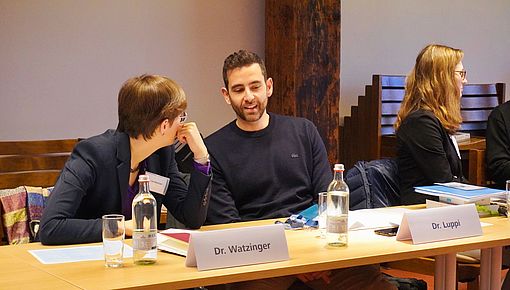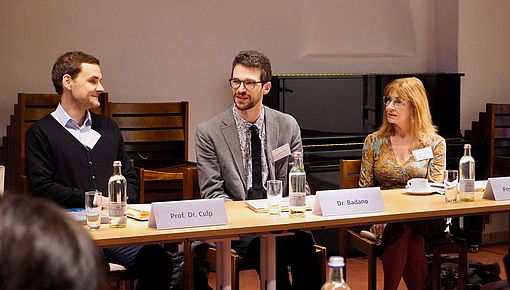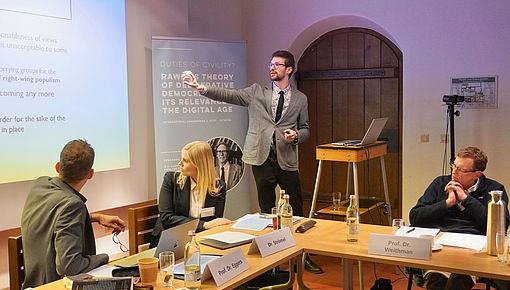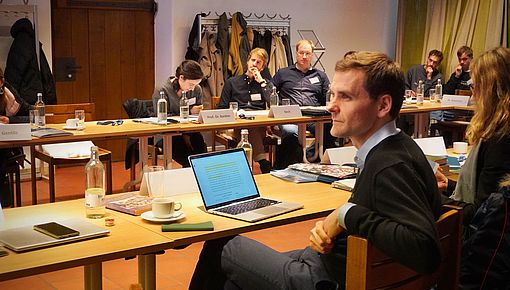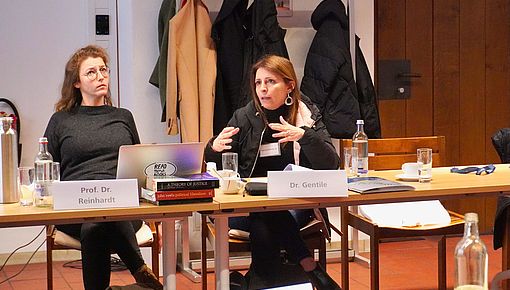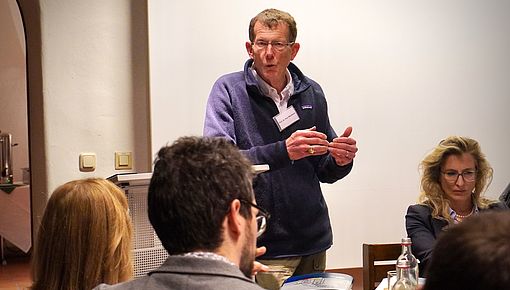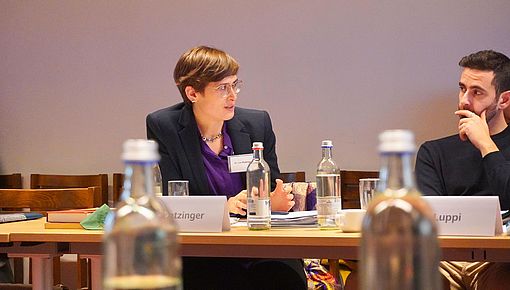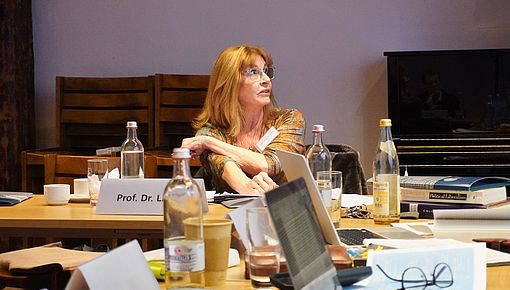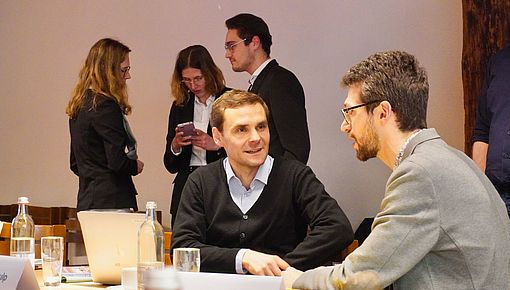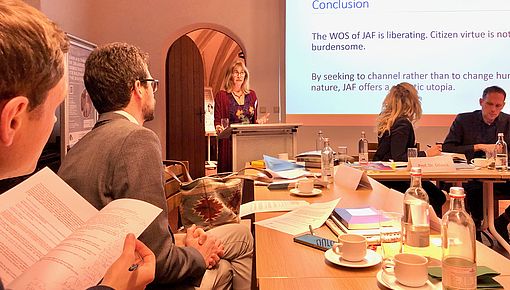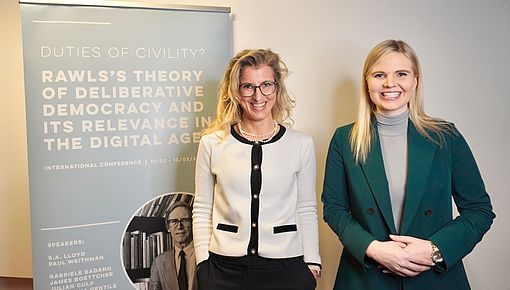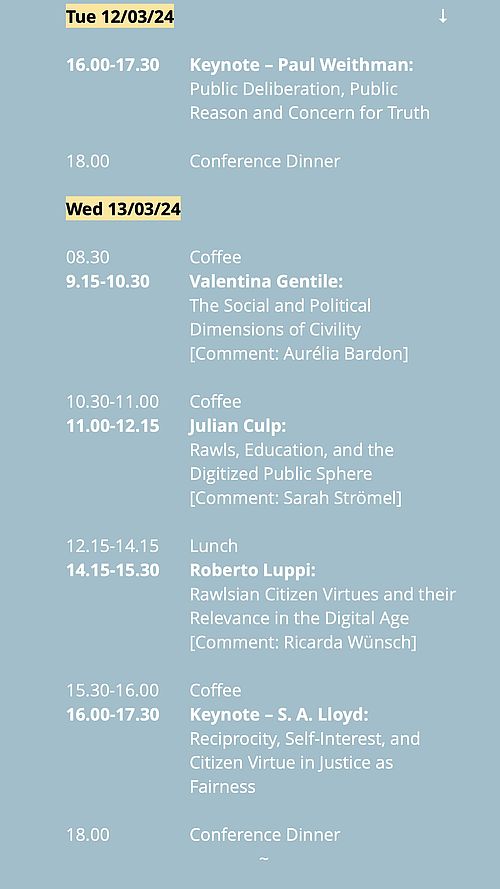
International Conference "Duties of Civility"

We are pleased to announce the international conference "Duties of Civility? Rawls's Theory of Deliberative Democracy and its Relevance in the Digital Age," which will be held in Regensburg, Germany, in March 2024.
Liberal democracies today seem polarized, radicalized, and, at the same time, petrified. The decrease in civility and the increase in hate speech, astroturfing, silencing processes, and Twitter wars in the digital age give us strong reasons to rethink the foundations and presuppositions of liberal, deliberative democracies to understand better and to meet contemporary challenges. The conference focuses on the political philosophy and democratic theory of John Rawls, who claims that citizens of liberal democracies have a so-called "duty of civility" and should try to enable and foster civic friendship.
The conference's primary goals are to reconstruct the core elements of Rawls's theory of deliberative democracy and to assess the contemporary relevance of these concepts in the digital age. To achieve these goals, established and next-generation Rawls scholars and scholars working on deliberative theories of democracy and digitization from the US and Europe will meet in Regensburg. The conference employs a workshop format: Speakers will provide written papers that are pre-circulated to all participants. At the conference, papers will be commented on by preassigned commentators and discussed in the plenum.
If you would like to attend the conference, please register by sending an email to sarah.stroemel@ur.de. Registration is open until March 1.
Organizers:
Lehrstuhl für Politische Philosophie, Theorie und Ideengeschichte (Prof. Dr. Eva Helene Odzuck, Dr. Sarah Rebecca Strömel); Lehrstuhl für Geschichte der Philosophie (Prof. Dr. Daniel Eggers)
Location: Haus der Begegnung, Hinter der Grieb 8, 93047 Regensburg
Please find further information about the upcoming conference in the program.
Keynote-Speakers, Speakers and Commentators
Overview of Keynote-Speakers, Speakers and Commentators for the international Rawls-Conference
Keynote-Speakers:
Prof. Dr. Paul Weithman
Professor of Philosophy (Glynn Family Honors Professor) – Department of Philosophy, University of Notre Dame (Notre Dame, Indiana)
Prof. Dr. S.A. Lloyd
Professor of Philosophy, Law and Political Science – School of Philosophy (USC Dornsife College of Letters, Arts and Sciences) / USC Gould School of Law, University of Southern California (Los Angeles, California)
Speakers:
Prof. Dr. Karoline Reinhardt
Professor of Applied Ethics – Faculty of Humanities and Cultural Studies, University of Passau (Passau, Germany)
Prof. Dr. James W. Boettcher
Professor of Philosophy (Chair of the General Education Program Oversight Committee) – Department of Philosophy, Saint Joseph's University (Philadelphia, Pennsylvania)
Dr. Gabriele Badano
Lecturer in Politics – Department of Politics and International Relations, University of York (York, United Kingdom)
Dr. Valentina Gentile
Assistant Professor of Political Philosophy – Department of Political Science, Luiss “Guido Carli” University (Rome, Italy)
Prof. Dr. Julian Culp
Professor of Philosophy – Department of History and Politics, The American University of Paris (Paris, France)
Dr. Roberto Luppi
Lecturer – Department of Law, University of Palermo (UNIPA) (Palermo, Italy)
Commentators:
Prof. Dr. Stefan Gosepath
Professor of Practical Philosophy – Department of Philosophy, Free University of Berlin (Berlin, Germany)
Daniel Beck M.A.
Research Fellow – Institute for Philosophy and Political Science, TU Dortmund University (Dortmund, Germany)
Prof. Dr. Aurélia Bardon
Professor of Political Theory – Department of Politics and Public Administration, University of Konstanz (Konstanz, Germany)
Dr. Sarah Rebecca Strömel
Assistant Professor of Political Theory – Institute for Political Science, University of Regensburg (Regensburg, Germany)
Dr. Lea Watzinger Assistant Professor of Political Theory – Institute for Political Science, University of Passau (Passau, Germany)
Ricarda Wünsch M.A.
Research Fellow – Institute for Political Science, University of Regensburg (Regensburg, Germany)
Travel information
Regensburg is situated in the south-eastern part of Germany and easily accessible by train and plane. With the Albrecht Dürer Airport in Nuremberg and the Franz Josef Strauß Airport in Munich, two of Germany’s biggest airports are only about a one hour-train ride away (the train ride from Frankfurt Airport is a little longer, approx. 3,5 hours in total.). Regensburg train station is served by both ICE and local trains and located 1km from the conference venue.
Conference venue
The conference will not take place on the university campus but in a beautiful old building of the 14th century called “Haus der Begegnung” which is closer to the hotels and the restaurants we plan to attend. The address of the conference venue is: Hinter der Grieb 8, 93047 Regensburg. The conference room is on the first floor.
Accomodation
Accommodation
There are several reasonably priced hotels in Regensburg. The following ones are all located within walking distance from the train station and the conference venue:
Hotel am Peterstor, Fröhliche-Türken-Str. 12
Hotel-Restaurant Wiendl, Universitätsstr. 9
Hotel Kaiserhof, Kramgasse 10-12
Some of these hotels also offer family rooms. Moreover, there are two hostels in Regensburg which offer both dormitory beds and family rooms/apartments and a private guesthouse which offers apartments.
Hostel am Ostentor, Ostengasse 12 (https://www.hostel-am-ostentor.de)
Youth Hostel Regensburg, Wöhrdstr. 60 (requires membership in the International Youth Association) (https://www.jugendherberge.de/jugendherbergen/regensburg-262/portraet/
Ferienwohnung Schmid, Silberne Fischgasse 6 (https://www.schmid-regensburg.de)
Unterstützt von |  |


